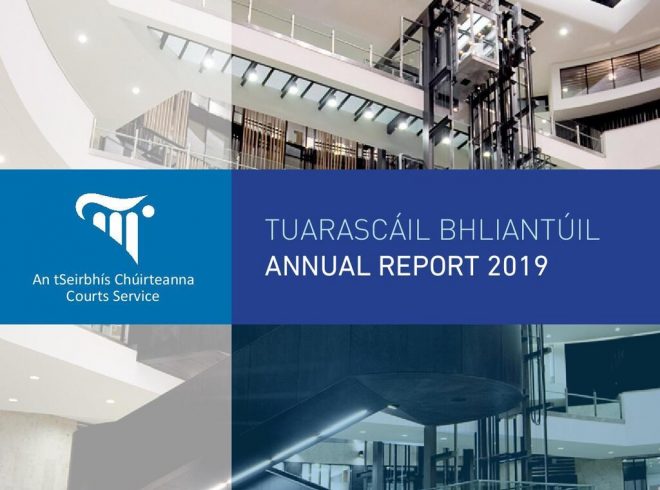About Mediation
Avoid Expensive Court Battles
What is Mediation?
“Mediation is a confidential and voluntary process in which parties to a dispute, with the assistance of a Mediator, attempt to reach a mutually acceptable agreement to resolve the dispute”
– Definition of Mediation according to the Mediation Act 2017
Points to Remember
Mediation Setttlement agreements
Following mediation if there is agreement on all or any of the issues in dispute a Mediation Settlement is drafted by the Mediator and signed by the parties. A Mediation Settlement may be legally binding or non legally binding whichever the parties choose. By default as per the Mediation Act 2017 a Mediation Settlement is legally binding unless the parties decide that they do not wish it to be legally binding until drafted by their Solicitors into a legally binding document.
Not all issues in dispute have to be agreed during mediation. Agreement even on some of the issues is a success and an agreement can be signed on what has been agreed.
A Mediation Settlement shall have effect as a contract between the parties to the settlement except where it is expressly stated to have no legal force until it is incorporated into a formal legal agreement or contract to be signed by the parties. A Court may enforce a Mediation Settlement agreement.

The Court Service Annual Report 2019
“Likewise, we engage via many groups with those seeking protection or solutions in the area of family law. One study has shown that, where we provide information on family mediation in courthouses, there can be a four fold increase in mediation and agreement.”